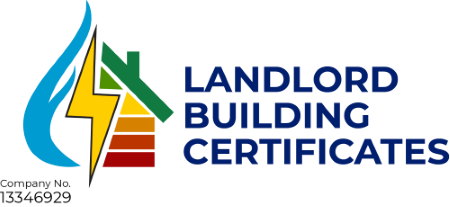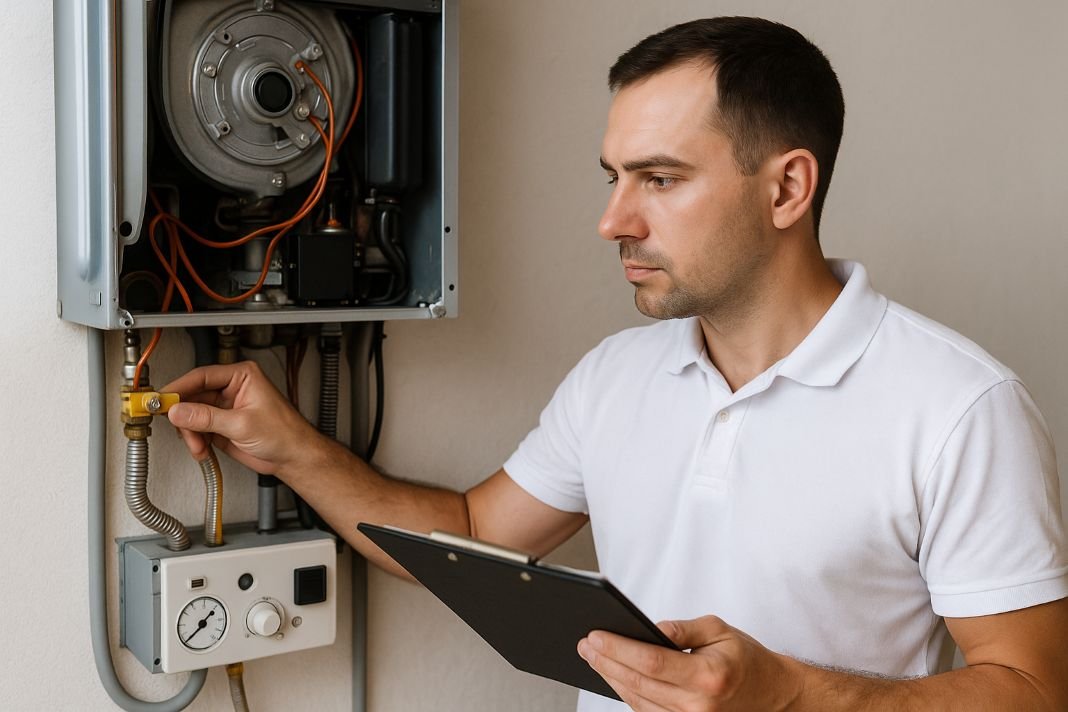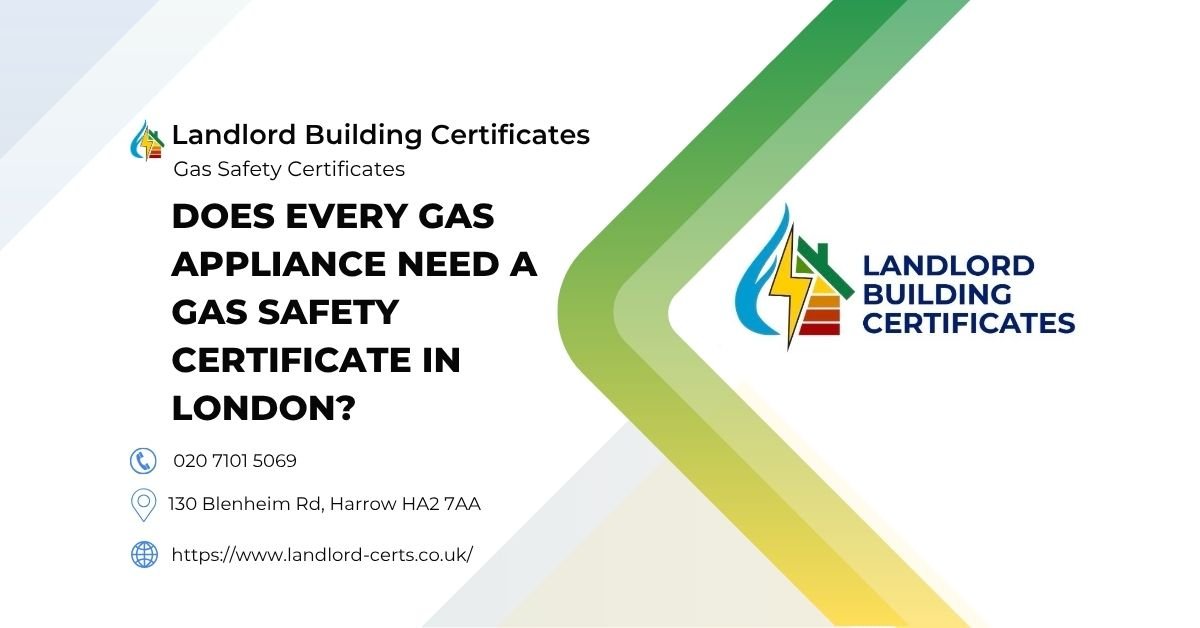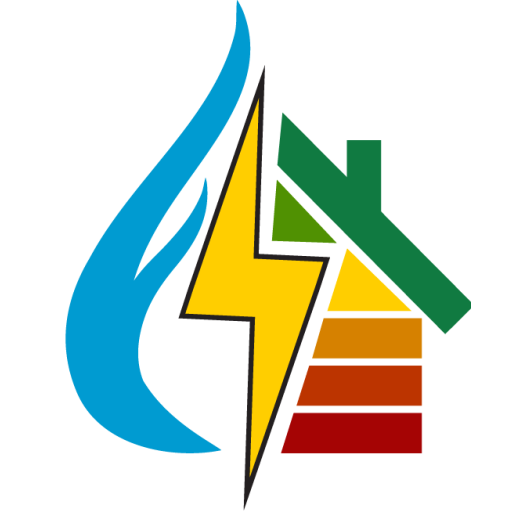Does every gas appliance need a gas safety certificate in London?
Not every gas-fuelled appliance must be listed on a CP12 gas safety certificate, but some absolutely do. Missing just one can lead to serious legal consequences, especially for landlords in the London rental sector. Whether you’re a letting agent, property manager, or private landlord, it’s essential to understand which appliances fall under the Gas Safety (Installation and Use) Regulations 1998. A failure to meet these legal obligations can result in invalidated insurance, penalties from borough councils, and failed Section 21 notices.
There have already been cases in London where eviction attempts were blocked because the gas oven wasn’t included in the CP12. Many landlords still do not have a clear grasp of what must be inspected by a Gas Safe registered engineer or how often it should happen.
This guide answers those questions and explains the key rules you need to follow. You’ll get clarity on what’s included, how to stay compliant, and how to arrange your next inspection through a certified gas professional.
Here's What We Have Covered In This Article
What counts as a gas appliance under UK law?
A gas appliance is any unit designed to burn natural gas or liquefied petroleum gas for heating, cooking or hot water. According to the Gas Safety (Installation and Use) Regulations 1998, this includes domestic gas boilers, cookers, water heaters, fires and even flue-connected heating units. These systems are usually connected to the internal pipework and form part of the fixed installation that landlords must maintain.
What’s the difference between fixed and portable gas appliances?
A fixed appliance is permanently installed and directly connected to the gas supply. This includes combi boilers, built-in ovens, wall-mounted gas heaters and flue-linked fires. These require annual safety checks and certification through a CP12 inspection.
In contrast, portable gas heaters or stand-alone camping stoves are not fixed installations and are not included under landlord gas obligations. However, if a portable appliance is installed in a way that connects it to the supply, it may need inspecting.
Commonly overlooked gas appliances in rentals
Some appliances get missed from safety certificates, even though they fall within legal requirements:
-
Decorative gas fireplaces and flueless fires
-
Separate gas hobs that aren’t part of a cooker unit
-
Back boilers integrated behind open hearth fires
-
Shared or vertical flues servicing multiple properties
If you’re unsure whether an appliance in your property qualifies, use our free Gas Appliance CP12 Checklist or read our CP12 meaning and scope guide.
Which gas appliances legally need a certificate in London rentals?
Every rental property with gas appliances must have a valid CP12 gas safety certificate. The inspection must be carried out annually by a Gas Safe registered engineer. Appliances legally requiring checks include:
Gas appliances requiring an annual landlord gas safety check
-
Combi boilers or system boilers
-
Gas ovens and standalone cooking units
-
Fixed gas hobs
-
Inbuilt or inset fireplaces using gas
-
Flued water heaters and heating appliances
-
All pipework and joints connected to the gas meter
-
Chimneys and flues serving gas-fuelled appliances
Even if an appliance is unused, it still requires inspection if it remains connected to the property’s gas system.
Are London landlords under extra scrutiny?
Yes. London boroughs such as Harrow, Ealing, Kensington, and Fulham have stepped up enforcement of gas compliance through landlord licensing and spot checks. Flats above shops or homes in Houses in Multiple Occupation (HMOs) are more likely to be inspected.
To avoid enforcement action or fines, download our London Landlord Gas Inspection Checklist and make sure you’re aligned with your borough’s expectations. You can book a certified Gas Safe inspection quickly using our bookings page.
Do any gas appliances not need a CP12?
Some appliances are excluded from CP12 gas safety checks, but misunderstandings around these exemptions are common.
Appliances and situations where a CP12 is not legally needed
-
Owner-occupied homes are not required by law to have a CP12, although many insurers recommend regular checks.
-
Portable gas units such as camping stoves or mobile heaters that are not plumbed into the system are excluded.
Misunderstandings that affect landlord compliance
-
Thinking that only boilers need checking
-
Believing a previous tenant’s certificate covers new agreements
-
Assuming tenant-supplied cookers don’t count
-
Ignoring responsibility as a live-out homeowner renting a room informally
These assumptions can result in housing complaints, invalid notices, or refusal of insurance claims. Our landlord obligations article explains who is responsible for which gas safety tasks.
Pro Tip: Always check tenant-supplied appliances. If it’s connected to your gas supply, it’s your legal responsibility and not theirs.
Unsure What Needs Certifying?
Grab our free CP12 Appliance Checklist and avoid costly mistakes with your next inspection.
Why a late or missing CP12 could block an eviction or claim
Legal risk under Section 21 eviction rules
In Byrne v Harwood Delgado, a landlord’s eviction was denied because the CP12 was not issued before the tenancy started. The court ruled that even a backdated certificate could not validate the notice.
This shows that even minor delays or paperwork gaps can legally prevent possession.
Will insurance cover damage without a valid gas safety certificate?
Some providers now reject claims for incidents such as gas leaks, fires, or explosions if no up-to-date CP12 is on file. Landlords with mortgage conditions tied to safety inspections may also breach terms unknowingly.
What can London boroughs do if there’s no gas certificate?
Enforcement officers from borough councils can impose fines or issue Rent Repayment Orders if tenants report gas safety failures. Local authorities treat gas safety seriously and expect full compliance.
Need to follow up with your landlord? contact your local housing officer through the HSE.
Avoid Fines and Void Evictions
We help London landlords meet legal gas safety rules. Fast, certified and fully traceable reports.
How do you know which appliances need inspecting?
Use the table below to check your property’s appliances and whether they need to be included in the annual CP12 inspection.

Where can you find a qualified engineer?
You can visit the Gas Safe Register to check or verify an engineer’s registration.
To save time, book a local Gas Safe professional directly using our service. We cover Harrow, Ealing, Wembley, Kensington, Chelsea and beyond.
If you’re unsure who to contact, check your borough’s website or housing team for local compliance support.




